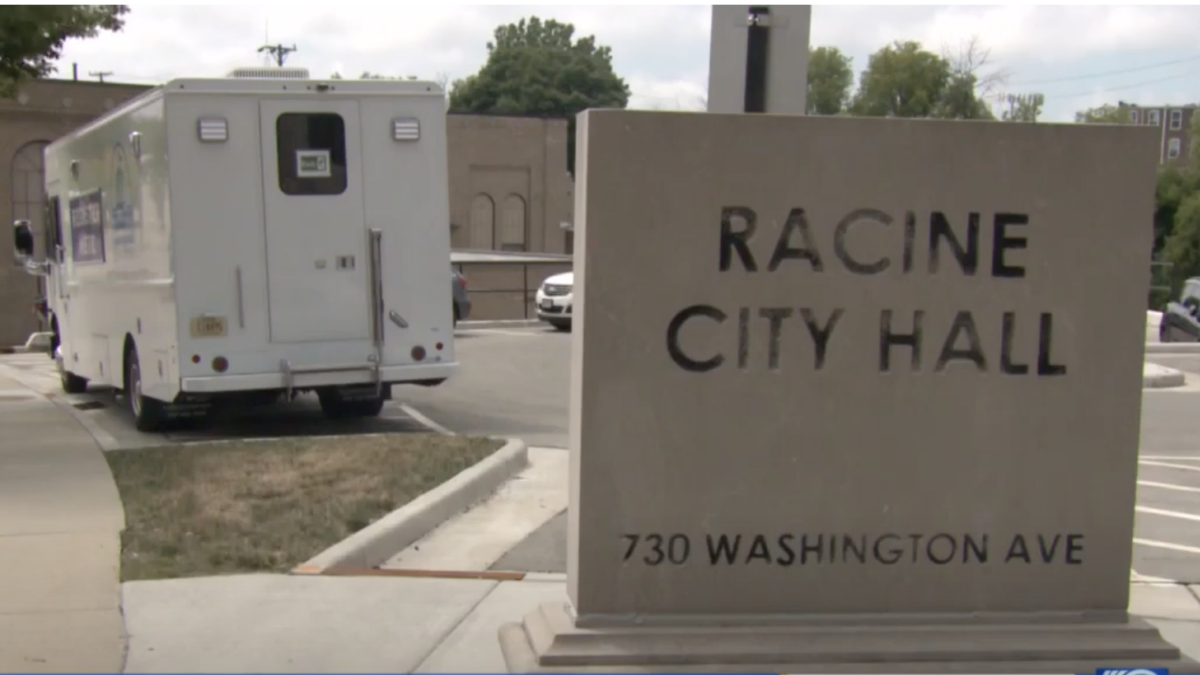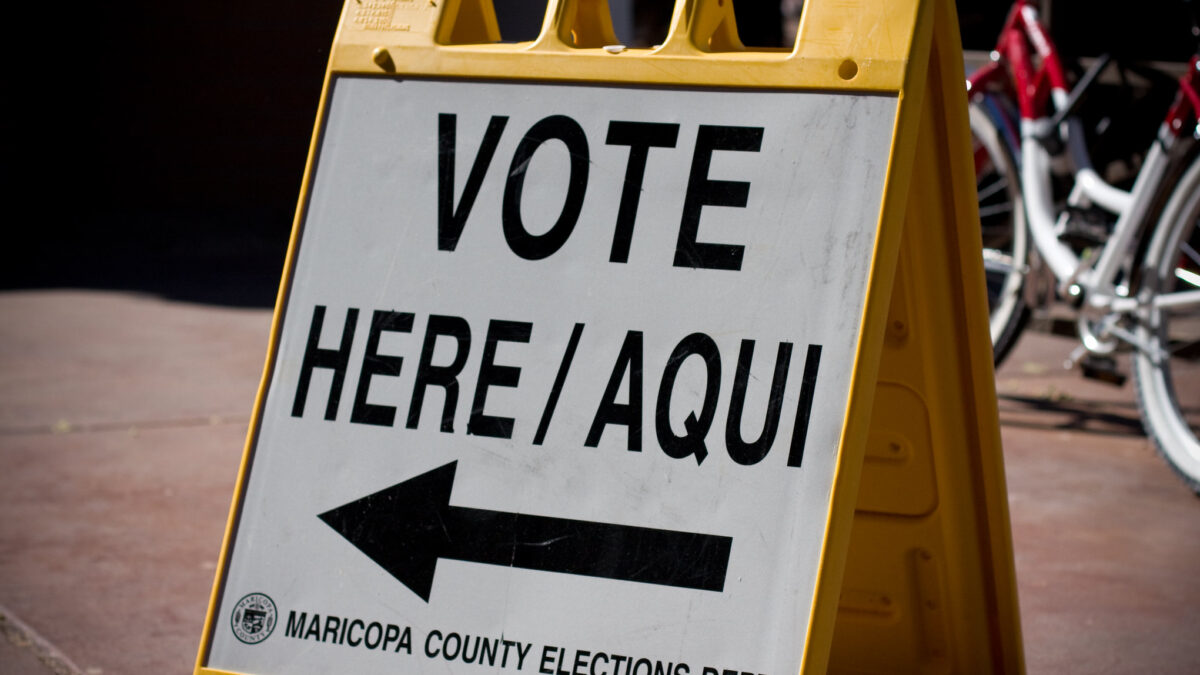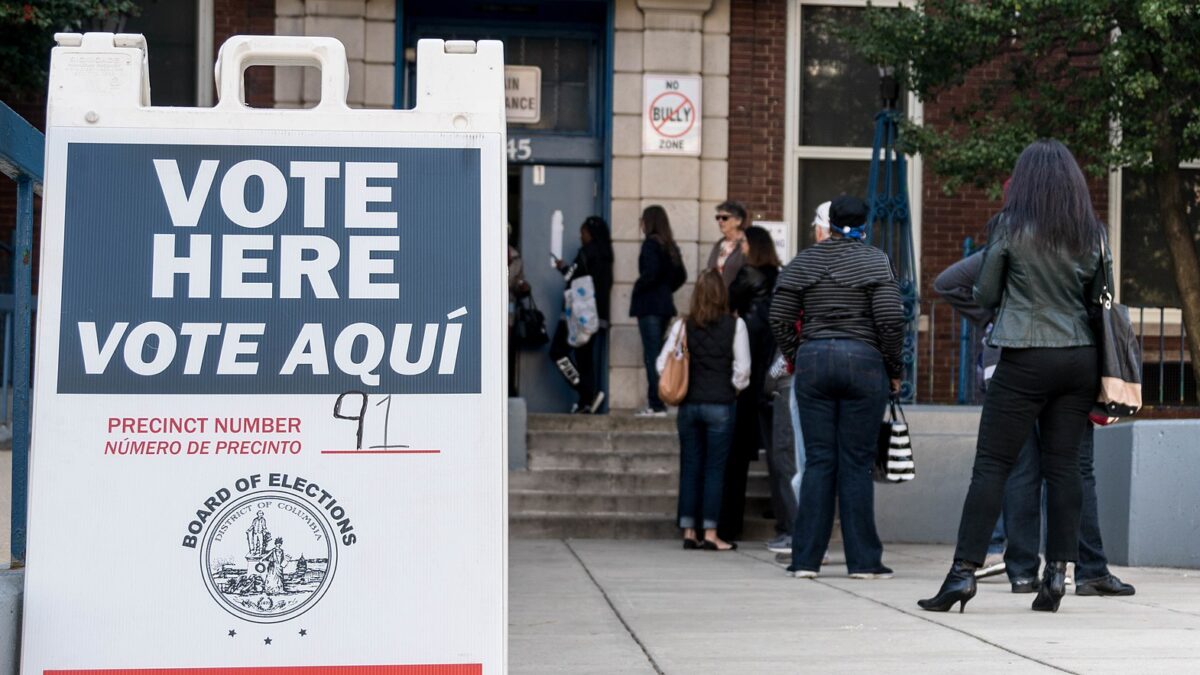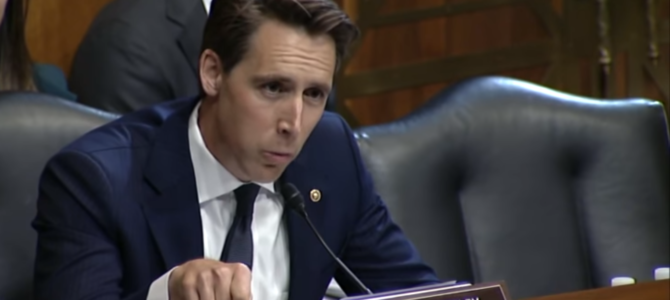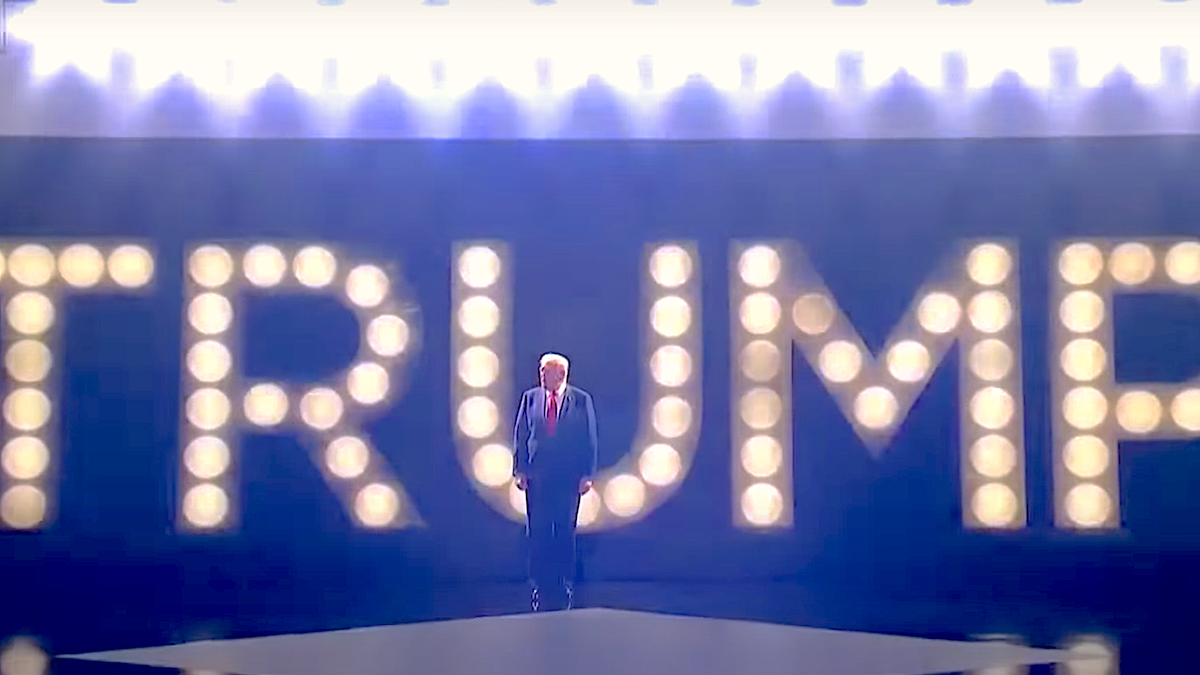In a victory for election integrity, the left-led Wisconsin Supreme Court has upheld a lower court ban on mobile voting units — at least for now. But the same 4-3 ruling hands Democrats a win in staying the circuit court’s ruling barring alternate absentee ballot collection sites “in locations that confer a ‘partisan advantage’” to one party, as state law dictates.
Wisconsin’s high court is expected to rule on the merits of the case sometime in the fall.
In its ruling staying the order on alternate sites, the liberal majority employed the oft-turned argument that changing “the status quo that has governed every election since 2016” would confuse the process and the voter.
“At this stage, just months before the August primary and November general elections, there is a risk that the circuit court’s ruling will disrupt ongoing preparations for those elections by creating uncertainty about which sites may be designated as alternate absentee balloting locations,” the ruling states. “Granting a stay will, as mentioned previously, simply ensure that the status quo since 2016 continues to govern through the next election.”
But the use of the mobile voting units, described as a “voting booth on wheels,” appeared to be a bridge too far for even this far-left court, at least for now. As the ruling states, “there are counterarguments” diminishing the Democrats’ “likelihood of success on appeal on this issue.”
The main counterargument is, in fact, the law — which clearly does not allow voting booths on wheels in Wisconsin elections.
As The Federalist reported, the city of Racine purchased a “Mobile Election Unit” in 2021, tapping into more than $200,000 of the nearly $1.7 million the Democrat enclave received in “Zuckbucks.” The funding was part of some $10 million handed out statewide in so-called election administration grants funded by private billionaire and Facebook founder Mark Zuckerberg. The southeastern Wisconsin city of nearly 80,000 residents located on the shores of Lake Michigan used the mobile voting unit to reach as many voters as possible, local elections officials claimed.
But as one election integrity watchdog told me, Racine’s mobile voting van — the only one of its kind in the Badger State — isn’t about access; it’s all about turnout: Specifically, turning out Democrat voters.
‘Obtained by Unlawful Procedures’
In January, Racine County Circuit Court Judge Eugene Gasiorkiewicz declared that nothing in state law allowed for the use of the voting van, and further found that its use at multiple, particular sites around the city gave Democrats a partisan advantage.
“No defendant or intervenor can point to any statute authorizing the use of mobile (van) absentee ballot sites; instead, the defendants argue no statute expressly prohibits them,” the judge concluded in his January ruling. “The absence of an express prohibition, however, does not mean mobile absentee ballot sites comport to procedures specified in the election laws.”
Racine County GOP chairman Ken Brown first filed the complaint with the Wisconsin Elections Commission (WEC), the state’s feckless regulator found to have advised local elections officials on multiple occasions to violate state elections law. Brown argued WEC should instruct Racine’s city clerk that alternate ballot sites must be in locations that “confer no partisan advantage” and must not “be permitted at a mobile location.” The commission dismissed the complaint, finding Brown had failed to show probable cause that the city had violated the law.
Brown appealed to the circuit court, where he won on both counts. WEC was joined by the Democratic National Committee, Racine’s clerk, and the leftist voting activist group Black Leaders Organizing for Communities (BLOC) in seeking a stay while they appealed the judge’s ruling. The judge said no.
“Election outcomes obtained by unlawful procedures corrupt the institution of voting, degrading the very foundation of free government,” Gasiorkiewicz wrote in his original ruling, citing Clark v. Quick. “Unlawful votes do not dilute lawful votes so much as they pollute them, which in turn pollutes the integrity of the results.”
As the complaint notes, in late 2021, the Racine Common Council approved 158 “alternative absentee voting locations” to be used in the 2022 elections. City Clerk Tara McMenamin selected 22 of the approved sites for Wisconsin’s 2022 primary election including “community centers, schools, a museum, a park, a beach, a mall, [and] a coffee shop” available for absentee voting in three-hour increments. Absentee voting “also took place at City Hall,” where the clerk’s office was located.
But elections officials didn’t use the actual sites. Instead, they drove their “Mobile Election Unit” to the locations and parked nearby. Voting took place in the van.
Again, the mobile voting unit was courtesy of the Zuckbucks largesse.
As has been well documented, the leftist leaders of Wisconsin’s five largest cities — Milwaukee, Madison, Green Bay, Kenosha, and Racine, known as the “Wisconsin Five” — got a huge assist from the Zuckerberg donations, funneled through the left-wing Center for Tech & Civic Life. Zuckerberg and his wife contributed hundreds of millions of dollars, much of which was ultimately used to target liberal voters in swing states like Wisconsin before the 2020 election.
‘Courts Stay Orders, Not Interpretations’
Nothing in Wisconsin law specifically prohibited Big Tech billionaire grants administered by former Democratic Party operatives from being used in election administration during the 2020 election. That changed earlier this year when Badger State voters overwhelmingly endorsed a ballot issue banning private funding in elections.
But the law on polling sites is so clear that even a leftist-led state Supreme Court accused of bench activism hasn’t yet been able to massage a ruling to get around it. All polling places “shall be public buildings, unless the use of a public building … is impracticable or the use of a nonpublic building better serves the needs of the electorate,” according to state law. Nothing in the statute turns over the ballot collection keys to a “voting booth on wheels.”
Still, the ruling gives political cover to the mobile unit’s defenders while scolding the lower court judge.
“Unlike the circuit court’s conclusion about alternate absentee ballot sites, this part of the circuit court’s ruling does not restrict the ability of Racine (or any other municipality) to designate multiple alternate absentee ballot locations,” the order states. “Moreover, as noted by the circuit court in its order denying a stay, Racine appears to be the only municipality in the state that used a mobile election unit. For these reasons, there is little risk that denying a stay will result in widespread confusion, or will otherwise disrupt preparations for upcoming elections.”
Justice Rebecca Bradley wrote in a concurring opinion that the majority “misrepresents the circuit court’s decision and then manipulates the factors to be considered when assessing a stay pending appeal.”
Bradley notes there’s a whole lot of assuming going on in the majority opinion, effectively staying the lower court’s analysis on a point in law — not the court’s order.
“This makes no sense. Courts stay orders, not interpretations,” the justice wrote. “Undeterred by this basic rule, the majority stays the circuit court’s interpretation [of statute] language on ‘partisan advantage,’ not the order itself, and simply assumes the circuit court adopted a view of the statute it never proffered——either woefully misreading, or intentionally misrepresenting, the circuit court’s written ruling.”
The Wisconsin Institute for Law & Liberty (WILL), a Milwaukee-based, public-interest law firm, filed the lawsuit on behalf of Brown. Rick Esenberg, WILL’s president and general counsel, said the ruling is a victory for election integrity.
“It leaves the order in place. There aren’t going to be any mobile voting vans until someone vacates the order,” he told me in an interview Thursday. “The vans were inconsistent with the statutes for the reasons that we argued and that order precludes them from being used.”
This article has been updated since publication.
